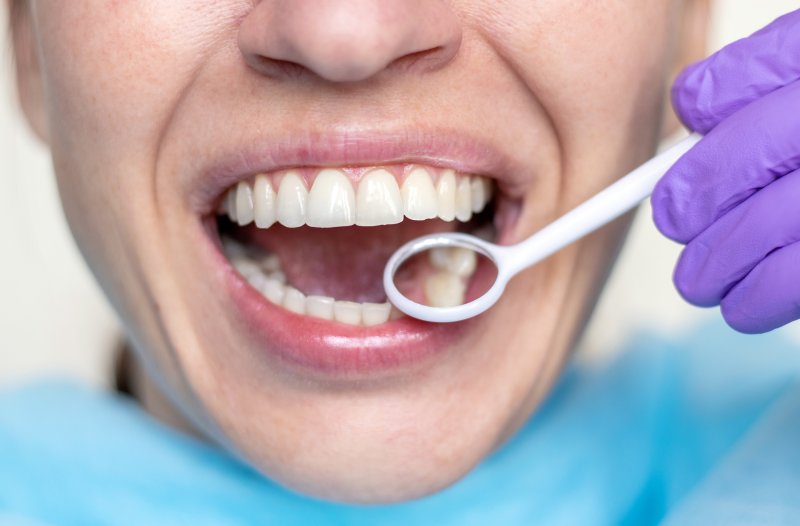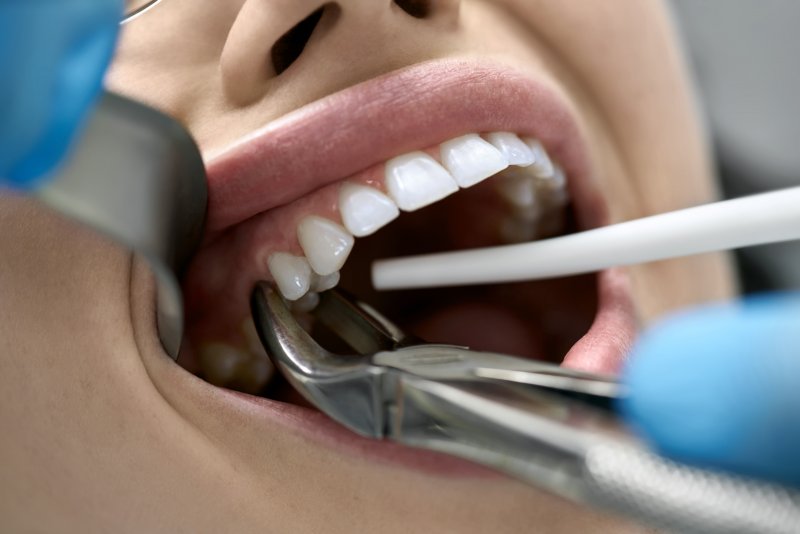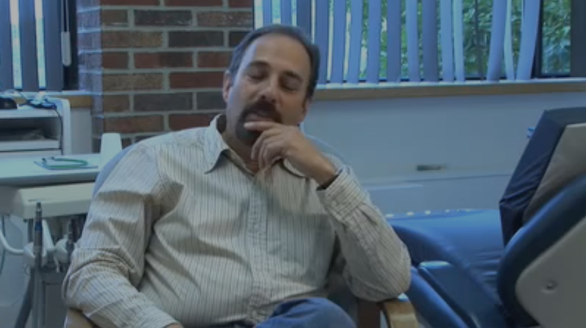Losing just two teeth in middle age can lead to an increased risk of cardiovascular disease, according to research presented at the American Heart Association’s Epidemiology and Prevention | Lifestyle and Cardiometabolic Health Scientific Sessions 2018.
In a collaborative effort between the Tulane University School of Public Health and Tropical Medicine and Harvard T.H. Chan School of Public Health, researchers analyzed the impact of tooth loss in large studies of adults, who ranged in age from 45 to 69 years old. Participants reported on the numbers of natural teeth they had, and then in a follow-up questionnaire they reported any recent tooth loss. None of the adults had cardiovascular disease when the studies began.
The team of researchers prospectively studied the occurrence of tooth loss during an eight-year period. They found that, among adults with 25 to 32 natural teeth at the study’s start, those who lost two or more teeth had a 23 percent increased risk of cardiovascular disease, compared to those with no tooth loss. The researchers determined that the increased risk occurred regardless of reported diet, physical activity, body weight and other cardiovascular risk factors, like high cholesterol, diabetes and high blood pressure.
In addition, adults with less than 17 natural teeth at the study’s start were 25 percent more likely to develop cardiovascular disease.
The team reported that there wasn’t a notable increase in cardiovascular disease risk among people who reported losing just one tooth during the study period.
“This study highlights an interesting trend that shows that dental issues actually do play a role in coronary heart disease,” says Dr. Vincent Bufalino, a cardiologist and director of the Advocate Heart Institute in Chicago. “We’ve been looking for this association for years.”’
Lu Qi, MD, Ph.D., study author and professor of epidemiology at Tulane University, explains that past research has shown that tooth loss in middle age is likely related to inflammation, but the connection hadn’t been made until now between middle-age tooth loss and cardiovascular disease risk.
The researchers noted that a limitation of the study was that participations self-reported their tooth loss, which could lead to some misclassification. Dr. Bufalino added that smoking is also a significant risk factor and something that should be taken into account. However, he says the study serves as a reminder for doctors to be paying more attention to oral health.
 “A typical primary care doctor or cardiologist isn’t overly focused on a patient’s oral hygiene or their oral care or tooth loss,” he says. “I never ask that question. It does put a bit of a warning light out there to say we should be paying attention to this, and that folks who have had significant tooth loss, that may be contributing to their risk.”
“A typical primary care doctor or cardiologist isn’t overly focused on a patient’s oral hygiene or their oral care or tooth loss,” he says. “I never ask that question. It does put a bit of a warning light out there to say we should be paying attention to this, and that folks who have had significant tooth loss, that may be contributing to their risk.”
Patient education is also key, Dr. Bufalino says, and if patients are reaching out to specialists with concerns or if they’re referred to a cardiologist by a dentist or their primary care doctor, then there’s a greater chance that heart disease can be fixed or controlled.
“First, it’s recognition for the public that if you’re having significant tooth loss that there could be other causes here,” Dr. Bufalino says. “Second, it’s another sign that good eating habits, controlling your blood sugar and cholesterol, stopping smoking, all of those are contributing risk factors to cardiovascular disease. So, if you have tooth loss plus those, you should recognize that you’re definitely at an increased risk and you should seek an evaluation.”
For more information on the study, visit the American Heart Association.






0 Comments
Add Comment